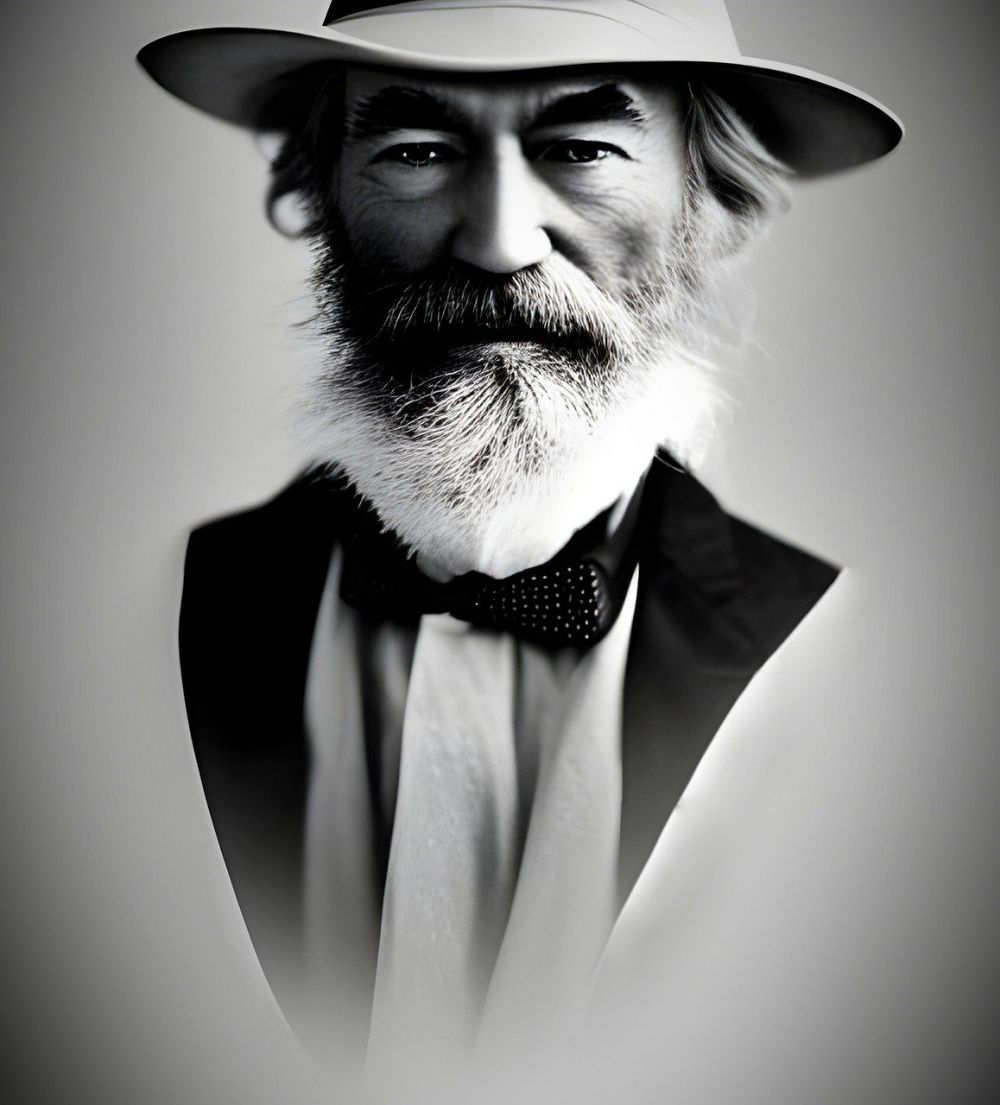Animal Farm by George Orwell: A Masterpiece in Political Allegory

Introduction to Animal Farm George Orwell
Animal Farm, written by George Orwell and published in 1945, is a political allegory that reflects the events leading up to the Russian Revolution of 1917 and the Stalinist era. Orwell, a socialist himself, uses animals on a farm to portray the harsh realities of totalitarian rule, highlighting the corruption of power and the dangers of an oppressive regime. This timeless novella continues to captivate readers with its thought-provoking themes and compelling narrative.
Initially, the book might appear to be a charming story about a group of animals rebelling against their human farmer. However, as the plot unravels, readers realize that Animal Farm is an intricate representation of the Russian Revolution and its aftermath. Each animal symbolizes a specific historical figure or group, making it essential to understand the underlying parallels to fully appreciate Orwell’s genius.
Historical Development of Animal Farm George Orwell

Animal Farm has gone through various stages of recognition and interpretation since its publication. Initially met with mixed reviews, the novella gained immense popularity during the Cold War era due to its scathing critique of communism and totalitarian regimes. It served as a powerful tool for Western democracies in their ideological struggle against the Soviet Union.
Over time, Animal Farm has been embraced by scholars, literary enthusiasts, and activists alike, cementing its position as a masterpiece of political literature. Its relevance extends beyond its original historical context, as it continues to resonate with readers of all generations who seek to understand the dynamics of power, manipulation, and societal rebellion.
Today, Animal Farm is studied in schools and universities worldwide, ensuring its enduring influence on literature and politics. It remains a poignant reminder of the dangers of unchecked authority and the importance of vigilance in defending democracy and individual freedom.
Key Elements of Animal Farm George Orwell
1. Allegory: Animal Farm serves as an allegory for the Russian Revolution and post-revolutionary Soviet Union. Understanding this underlying context helps readers unravel the intended symbolism behind each animal character and their actions.
2. Characters: Each animal represents a specific historical figure or group. For example, Napoleon, the power-hungry pig, symbolizes Joseph Stalin, while Old Major embodies Karl Marx. By personifying political figures through animals, Orwell effectively reveals their flaws and manipulative tactics.
3. Themes: Animal Farm explores themes such as corruption, inequality, revolution, and the abuse of power. It highlights how revolutions often result in the replacement of one oppressive regime with another, as well as the importance of an informed and vigilant citizenry.
4. Satire: Through its satirical tone, Animal Farm satirizes both the failed promises of communism and the propaganda employed by totalitarian regimes. Orwell cleverly uses humor to expose the contradictions and hypocrisy of political rhetoric.
[INSERT VIDEO HERE]
Conclusion
Animal Farm by George Orwell stands as a timeless masterpiece of political allegory, encapsulating the complexities of power, revolution, and corruption. Its ability to resonate with readers across generations reveals the unwavering relevance of Orwell’s message. As we navigate the challenges of contemporary society, Animal Farm serves as a stark reminder of the dangers of unchecked authority and the importance of remaining vigilant in the face of oppression. By delving into the historical context, symbols, and themes of Animal Farm, readers gain a deeper understanding of this captivating work and its lasting impact.
FAQ
What is Animal Farm by George Orwell about?
What is the historical significance of Animal Farm George Orwell?
Why is Animal Farm still relevant today?
Flere Nyheder
Saxofonist kunsten at give åndedræt form
Introduction to Animal Farm George Orwell Animal Farm, written by George Orwell and published in 1945, is a political allegory that reflects the events leading up to the Russian Revolution of 1917 and the Stalinist era. Orwell, a socialist himself, u...
01 februar 2026
Fotobog: Forevig dine bedste minder
Introduction to Animal Farm George Orwell Animal Farm, written by George Orwell and published in 1945, is a political allegory that reflects the events leading up to the Russian Revolution of 1917 and the Stalinist era. Orwell, a socialist himself, u...
31 juli 2025
Den ultimative guide til at vælge en erhvervsfotograf I Fredericia
Introduction to Animal Farm George Orwell Animal Farm, written by George Orwell and published in 1945, is a political allegory that reflects the events leading up to the Russian Revolution of 1917 and the Stalinist era. Orwell, a socialist himself, u...
04 juli 2025
Erhvervsfotografering i Aalborg: Skab en visuel identitet
Introduction to Animal Farm George Orwell Animal Farm, written by George Orwell and published in 1945, is a political allegory that reflects the events leading up to the Russian Revolution of 1917 and the Stalinist era. Orwell, a socialist himself, u...
03 marts 2025











